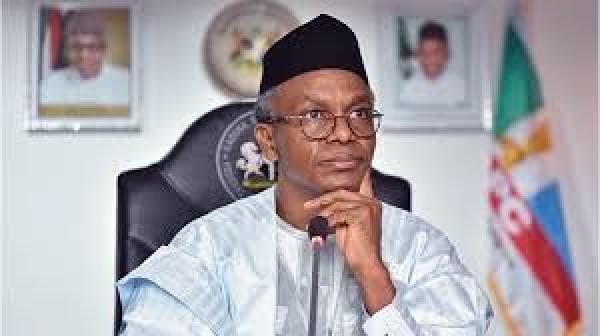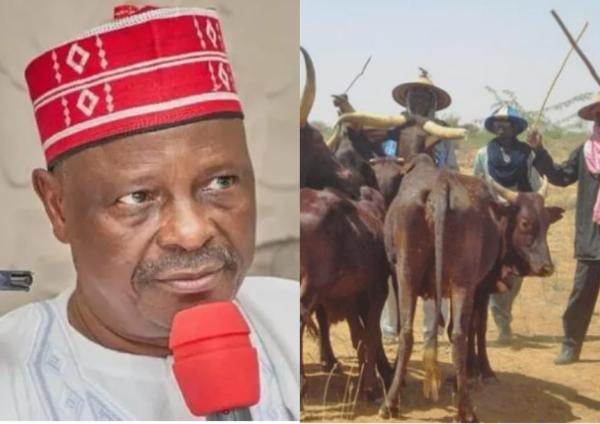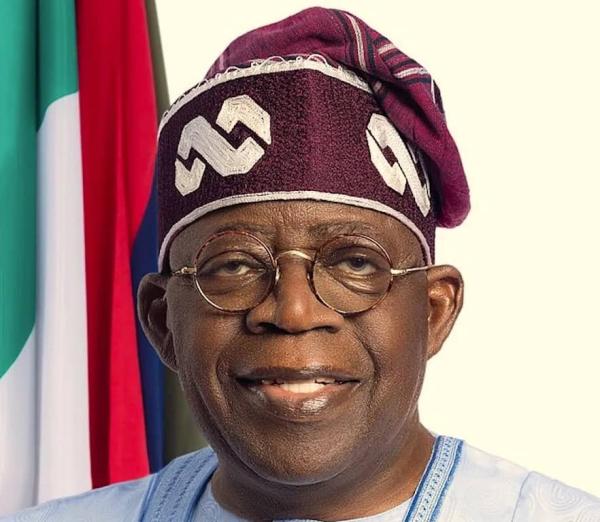
His Royal Highness Muhammadu Sanusi II, the 16th Emir of Kano, has strongly warned that the Federal Government's bold economic reforms will fail to yield real gains for Nigerians unless there is a drastic and deliberate effort to cut down the cost of governance.
While praising President Bola Tinubu for his courage in removing the fuel subsidy, Sanusi expressed deep concern over the manner in which the increased revenue brought about by the subsidy removal is being spent.
Emir Sanusi II, a former Governor of the Central Bank of Nigeria (CBN), on Tuesday, October 28 at the Oxford Global Think Tank Leadership Conference in Abuja, provided an incisive analysis of the country’s economic trajectory. He said that many of Nigeria’s current challenges stem from a historical failure to act on sound economic advice.
Sanusi specifically recalled the events of 2012, when the Jonathan administration attempted to remove the fuel subsidy but was met with massive protests led by opposition figures who later inherited the exact same problem.
He said: “If Nigeria had allowed the Jonathan government remove subsidy in 2012, the pain would have been a very tiny fraction of what we’re facing today.”
He disclosed that the CBN under his leadership had projected a limited inflationary impact at the time and pledged to stabilize the economy within a year: “I stood up and put my credit card on the line and said, remove the subsidy today, inflation moves up from 11% to 13%, I will bring it down in a year. We would not have had 30-something per cent inflation.”
Sanusi, also acknowledged that the CBN under his tenure took measures to prevent hyperinflation and a runaway devaluation, noting that Nigeria was on the brink of heading in the direction of Zimbabwe.
He defe nded the current state of the Naira, arguing that certainty is better than chaos: “Yes, we are at N1,400 to the dollar, but it’s better to know it will be N1,400 for six months than to think it’s N1,400 today and N2,000 tomorrow.”
Ultimately, the former CBN Governor identified the real, unchecked problem as excessive public spending and a bloated government structure.
“Why do we need 48 ministers, long convoys, endless travels?”






















